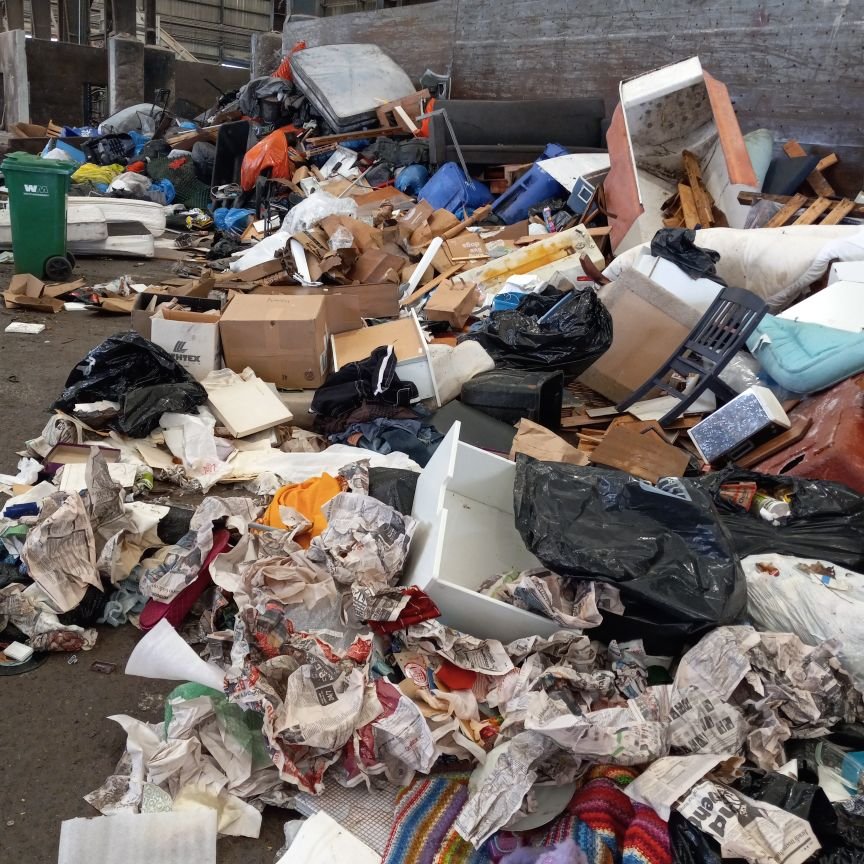Enhancing Environmental Sustainability With Strategic Fluid Waste Removal Solutions
In the realm of ecological sustainability, the effective monitoring of liquid waste stands as a critical focal factor in protecting our ecosystems and securing public health. The detailed web of obstacles surrounding fluid waste disposal demands a tactical strategy that goes beyond standard methods. By discovering sustainable remedies tailored to certain contexts, sectors can not only alleviate environmental damage yet also unlock long-lasting advantages for their operations. As we browse the intricacies of liquid waste removal in today's landscape, it comes to be increasingly obvious that an aggressive stance is necessary. Let us begin on a trip to uncover the transformative capacity of critical liquid waste administration techniques in enhancing environmental sustainability.
Value of Liquid Waste Management

One of the crucial factors why fluid waste administration is vital is its direct effect on public health. Proper management of liquid waste helps prevent these health hazards and ensures the health of the populace.

Challenges in Fluid Garbage Disposal
Offered the essential relevance of correct fluid waste monitoring in guarding public wellness and ecological health, it is essential to address the numerous challenges associated with liquid waste disposal techniques. One substantial obstacle is the absence of sufficient facilities for the collection, treatment, and disposal of liquid waste.
Another challenge is the existence of dangerous substances in liquid waste, consisting of chemicals, heavy metals, and pathogens. Proper recognition and treatment of these hazardous components call for specific understanding and equipment, which might not constantly be easily available. In addition, the price of carrying out risk-free disposal techniques can be excessive for some sectors and communities, resulting in non-compliance and further environmental damages.
Sustainable Fluid Waste Solutions
Amidst journalism need for reliable liquid waste monitoring techniques, the essential of lasting solutions arises as a paramount problem for environmental conservation and public health. Sustainable fluid waste services incorporate a range of ingenious technologies and methods focused on reducing the ecological influence of waste disposal. One crucial approach is the application of innovative treatment processes that advertise the secure and efficient removal of contaminants from fluid waste streams. More hints In addition, the fostering of circular economic climate concepts, such as waste-to-energy initiatives and resource healing programs, can aid minimize waste generation and optimize the utilization of important resources.
Furthermore, sustainable liquid waste solutions prioritize the conservation of water sources through the implementation of water recycling and reuse approaches. By treating and repurposing wastewater for non-potable applications like irrigation or commercial processes, these options add to water preservation initiatives and minimize the stress on freshwater sources. In general, the combination of sustainable fluid waste remedies not just supports environmental sustainability yet additionally cultivates a healthier site web and much more resilient culture for future generations.
Advantages of Strategic Removal Practices
Purposefully executed elimination techniques play an important duty in optimizing liquid waste monitoring systems for environmental sustainability and public health and wellness security. By taking on tactical removal techniques, companies can considerably minimize the ecological influence of liquid waste disposal.
Additionally, these techniques advertise resource recovery by allowing additional info the removal of valuable materials from liquid waste streams. This not only minimizes the dependence on virgin sources but also supports the circular economic climate concepts of reuse and recycling. In addition, critical removal practices can enhance operational effectiveness and cost-effectiveness by enhancing waste monitoring procedures and maximizing source allocation. Overall, the benefits of strategic elimination methods prolong past environmental sustainability to include economic advantages and improved public health outcomes.
Implementing Reliable Ecological Techniques
Effective implementation of ecological methods is critical in achieving lasting liquid waste management techniques. To start with, companies must perform extensive environmental analyses to determine potential threats and effects associated with their fluid waste disposal procedures. By comprehending the ecological ramifications of their operations, companies can develop targeted approaches to reduce injury to environments and public health.
In addition, executing reliable environmental approaches includes establishing clear goals and goals for liquid waste administration - Reclaim Waste Melbourne. These objectives ought to be details, measurable, obtainable, relevant, and time-bound (SMART) to ensure responsibility and track progress towards sustainability targets. Firms can also leverage modern technology and technology to optimize fluid waste therapy processes, minimize source consumption, and improve general performance
Collaboration with regulative firms, stakeholders, and ecological experts is one more crucial facet of successful technique application. By involving with exterior companions, organizations can acquire important understandings, accessibility sources, and ensure compliance with environmental legislations and guidelines. On the whole, a aggressive and strategic method to environmental administration is crucial for minimizing ecological threats and advertising lasting sustainability in fluid waste elimination techniques.
Verdict
Finally, critical fluid waste elimination options play a critical duty in boosting ecological sustainability. By attending to the difficulties in liquid waste disposal and executing sustainable practices, we can lower the adverse influence on the atmosphere - Reclaim Waste. It is essential to focus on efficient environmental strategies to make certain the lasting health and wellness and well-being of our planet
By applying efficient waste management practices, such as correct collection, treatment, and disposal methods, the threats connected with liquid waste can be dramatically minimized.
Given the critical relevance of appropriate liquid waste administration in protecting public wellness and ecological well-being, it is critical to attend to the various obstacles connected with fluid waste disposal methods. Lasting liquid waste remedies include an array of ingenious modern technologies and methods intended at decreasing the ecological impact of waste disposal.Purposefully executed elimination practices play a critical role in maximizing liquid waste administration systems for ecological sustainability and public health security. Overall, a tactical and positive approach to environmental administration is essential for reducing ecological threats and promoting long-lasting sustainability in fluid waste elimination practices.